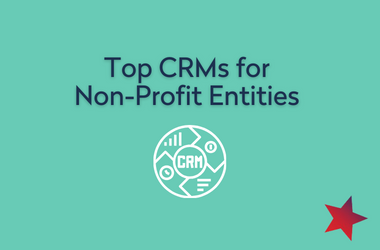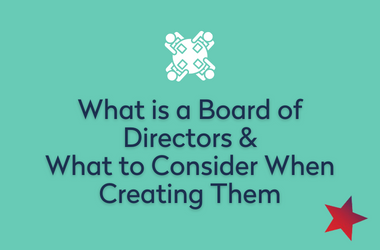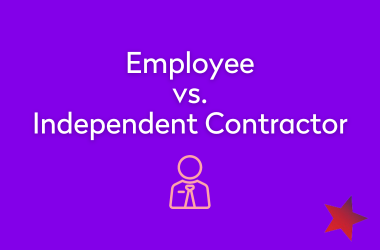Considerations for Determining Pay Rates
Determining How Much to Pay Your Team
Pentacle recommends using the W.A.G.E. calculator to get a sense for how much established institutions are paying for artistic services. Employers can also input their annual budget to see a list of suggested fees for various services such as performer pay, workshop fees, and discussion stipends.
When determining a fee for the artistic or administrative personnel on your team, it’s important to keep in mind:
- Existing skillset and experience: The level of expertise you are seeking should align with the pay rate. Consider how steep the learning curve will be and how much time will be required by you or your staff to conduct training.
- Compensation Philosophy: Develop a compensation philosophy that aligns with your business goals, values, and market position. Determine whether you want to pay at market rates, offer above-market compensation to attract top talent, or prioritize internal equity and employee development.
- Negotiation and Flexibility: Be open to negotiation. Discuss the salary expectations of the candidate and be prepared to negotiate within a reasonable range, considering both their expectations and your budget constraints.
- Perks and Bartering: Depending on the nature of the relationship with the person you’re working with, you could consider offering perks or using a bartering system to make up for gaps in monetary compensation. Have a conversation about areas of need and determine if you can provide services or resources in exchange. Providing food and coffee for rehearsals, offering guest passes to classes you teach, agreeing to a flexible work schedule, providing professional development opportunities, or help with an personal administrative task might serve as an even exchange.
- Cost of living: Be sure to adjust pay rates to reflect the cost of living.
- Government regulations: You will need to ensure that you are complying with minimum wage laws and regulations regarding pay equity and non-discrimination.
Related Resources
Top CRMs for Non-Profit Entities
Top CRMs for Non-Profit EntitiesSalesforce Salesforce is a widely used CRM system that offers robust features and customization options. Nonprofits can use Salesforce's Nonprofit Success Pack (NPSP), which includes features tailored to the needs of nonprofit...
What is a Board of Directors and What to Consider When Creating One
What is a Board of Directors and What to Consider When Creating OneWhat is a Board of Directors? A board of directors is a group of individuals who are elected to govern and oversee the organization’s operations. The board is responsible for setting the organization’s...
Employee versus Independent Contractor
Employee vs. Independent ContractorWhat’s the difference between an employee and an independent contractor? The payment for an independent contractor is performance-based and is determined by the completion of the service they provide while an employee's payment is...



